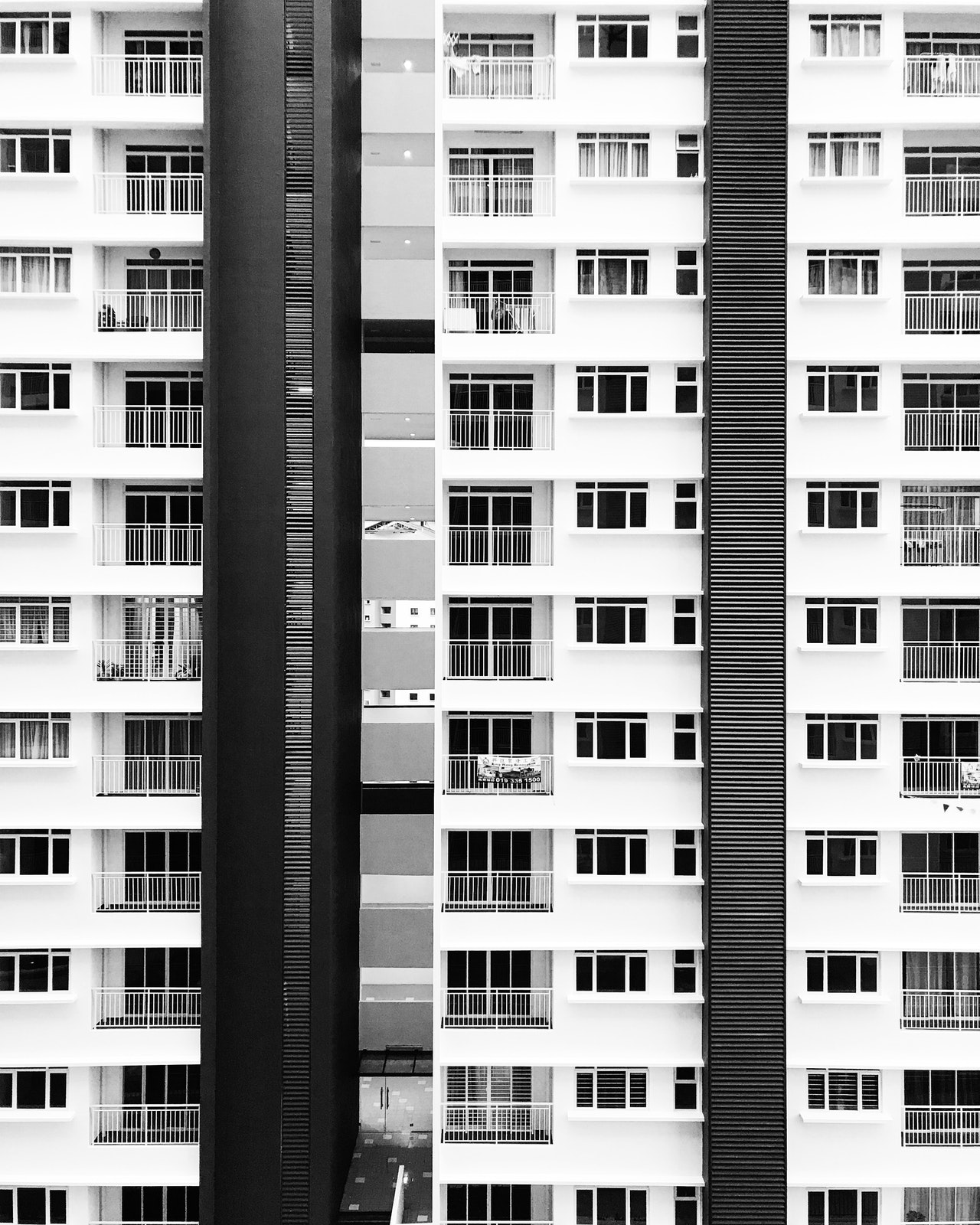On September 1, 2020 the Centers for Disease Control implemented a nationwide moratorium on residential evictions until December 31, 2020 (“CDC Eviction Moratorium“). Under the Moratorium, Landlords are prohibited from taking any action to evict a residential tenant for non-payment of rent. While the order does not extinguish a tenant’s responsibility to pay rent, it does provide tenants with the ability to avoid eviction while arranging payment. Additionally, the moratorium does not stop eviction for other reasons besides non-payment. If you are a residential landlord or tenant, information about the CDC Eviction Moratorium is a must know!
More information on the order is below.
(Thanks to Legal Action of Wisconsin for providing the bulk of the summary below.)
What Does the Eviction Moratorium Do?
The Eviction Moratorium prohibits landlords from evicting “covered persons” for the duration of the order (Sept. 4 – Dec. 31). It does not relieve tenants of their rent obligations or prohibit the imposition of late fees.
Who Are “Covered Persons” Under the Moratorium?
A person is covered by the Moratorium if they provide their landlord with a signed copy of a Declaration attesting to the tenant’s inability to pay rent (Form here). Note that the declaration is signed under the penalty of perjury, so tenants should be sure that they are truthful when completing the form.
What Does “Evict” Mean Under the Moratorium?
From the Moratorium:
“Evict” and “Eviction” means any action by a landlord, owner of a residential property, or other person with a legal right to pursue eviction or a possessory action, to remove or cause the removal of a covered person from a residential property. This does not include foreclosure on a home mortgage. (Emphasis added.)
The definition is very broad. As a threshold matter, any action to remove or cause the removal of a tenant likely includes: notices terminating tenancy, filing of eviction actions, filing affidavits of non-compliance in settled cases, and delivery of already issued writs to the sheriff.
Are There Exceptions to the Moratorium?
Yes. The following activities or actions are not subject to protection under the Moratorium:
(1) Engaging in criminal activity while on the premises;
(2) Threatening the health or safety of other residents;
(3) Damaging or posing an immediate and significant risk of damage to property;
(4) Violating any applicable building code, health ordinance, or similar regulation relating to health and safety; or
(5) Violating any other contractual obligation, other than the timely payment of rent or similar housing-related payment (including non-payment or late payment of fees, penalties, or interest).
Does the Order Impose Requirements on the Court or Sheriff?
No. The Order only applies to landlords. As a result, while the act of bringing a writ or restitution to the sheriff is an action that would cause removal, the sheriff executing an already obtained writ would not be a violation of the order. Likewise, any action taken by the court would not be a violation (though the landlord prompting the court to take action by filing anything would be).
What If Someone Violates the Order?
Violation of the order may result in fines to an individual of up to $100,000 or one year in jail if the violation does not result in death or a fine of up to $250,000 or one year in jail or as otherwise provided by law if the violation does result in death ($200,000/$500,000 for an organization).

